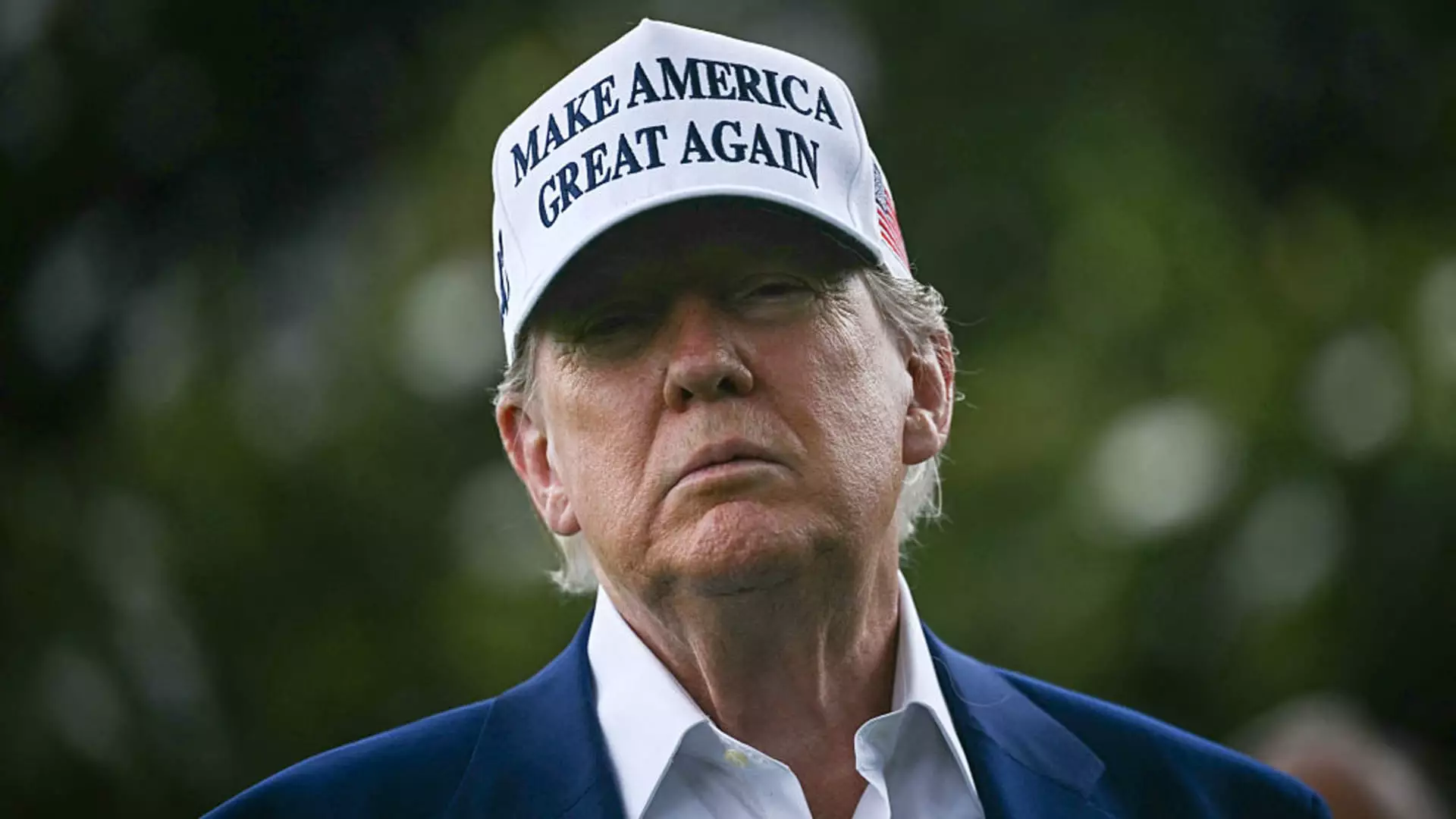In a resounding statement of legal authority, Chief U.S. District Judge John McConnell has put the Trump administration on notice by blocking a recent initiative aimed at extorting compliance from Democratic-led states concerning immigration enforcement. The ruling, which emerged from Rhode Island, reflects an increasingly fraught relationship between state autonomy and federal coercion. The judicial decision comes as a critical response to what many perceive as an alarming trend: the politicization of federal funding, a tactic that undermines the very principles of cooperative federalism.
The Trump administration, under the guise of enforcing immigration laws, sought to leverage transportation funding as a means of political control. This proposed policy mandated that 20 states, simply by virtue of their political affiliations and sanctuary policies, submit to unjust coercion to access funds that are essential for maintaining critical infrastructure. The blatant attempt to hold federal funds hostage in order to impose a hardline immigration agenda is not merely an overreach; it strikes at the heart of state governance and self-determination.
The Dangers of Conditional Federal Funding
This ruling underscores the inherent dangers of conditional federal funding, which can morph into a tool of political repression. By threatening the loss of vital resources unless states align with the administration’s immigration policies, the federal government risks creating a chilling effect where policy decisions are dictated by financial necessity rather than the well-being of constituents. The legal battle initiated by the Democratic state attorneys general highlights a crucial tension—should federal funds be used as a carrot or a stick?
Moreover, this tactic sets a dangerous precedent. If one political administration can force compliance on states through the promise or threat of federal funding, what will prevent future administrations from using similar strategies to push their own agendas? Beyond immigration, the potential exists for this damaging paradigm to seep into areas like education, healthcare, and environmental regulation. Therefore, the ruling isn’t just a win for the states in this specific context; it represents a broader rejection of using public funds as a mechanism for political manipulation.
The Role of the Judiciary in Protecting State Rights
Judge McConnell’s decision to grant an injunction against Transportation Secretary Sean Duffy’s overreach was not only legally sound but morally necessary. The courts must Act as a buffer against executive overreach, especially when it threatens the foundational democratic structure of federalism. McConnell’s ruling serves as a reminder that the judiciary can and should step in to protect the rights of states, particularly when the federal government attempts to manipulate its authority for political gain.
In a political landscape often rife with bitter polarization, it is imperative that judicial checks remain robust to prevent the erosion of state authority. The action taken by the judge should be seen as a reaffirmation of the principle that federal resources ought to facilitate cooperation rather than serve as a weapon against those who hold opposing viewpoints. It allows us to hope for a future where local governments can make decisions reflecting the will of their citizens without the looming threat of federal retaliation.


Leave a Reply